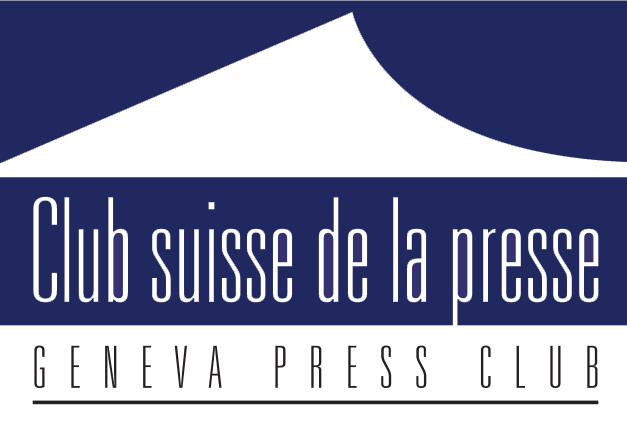Civil society hearing into Iran’s 1988 massacre and ongoing crimes against humanity
Civil society hearing into Iran’s 1988 massacre and ongoing crimes against humanity
To participate to the event, please register here:
JVMI (Justice for the Victims of the 1988 Massacre in Iran) will hold a civil society hearing on 15 February 2024 at the Geneva Press Club into the 1988 massacre of political prisoners and ongoing human rights abuses in Iran. The event will feature presentations by the UN Special Rapporteur on Iran and other leading figures in the international human rights community, alongside victims of Iranian human rights abuses.
Distinguished international speakers will include:
- Javaid Rehman – UN Special Rapporteur on the situation of human rights in Iran
- Aua Baldé – Chair-Rapporteur, UN Working Group on Enforced or Involuntary Disappearances
- Karen Smith – UN Assistant Secretary-General and Special Adviser of the Secretary-General on the Responsibility to Protect (2019-2021)
- Raha Bahreini – Regional Researcher, Iran team, Amnesty International
- Geoffrey Robertson, KC – Former President, UN Special Court for Sierra Leone (SCSL)
- Baroness Helena Kennedy – Director, International Bar Association’s Human Rights Institute
- Kevin Jon Heller – Special Adviser on War Crimes to the ICC Prosecutor
- Wolfgang Schomburg – Judge, UN International Criminal Tribunal for the former Yugoslavia (ICTY) (2001-2008); former Judge, UN International Criminal Tribunal for Rwanda (ICTR)
- Kirsty Brimelow, KC – Barrister; former Chair, Bar Human Rights Committee
- Sheila Paylan – Former Human Rights Officer and SGBV Specialist at UN human rights office
- Tahar Boumedra – Former Chief of the UN Human Rights Office in Iraq; Director of JVMI
The one-day conference will have four panels featuring contributions from survivors of the 1988 massacre and victims’ relatives as well as preeminent international experts. The objective is to advance the argument about the severe consequences of impunity for crimes against humanity and to seek justice for the victims.
Panel concept
The first panel consists of survivors’ testimonies and will highlight that the 1988 massacre involved the crimes against humanity of Murder, Persecution, and Torture. The UN Special Rapporteur on Iran will present his views on these crimes.
The second panel, in which the families’ testimonies will be presented, will underscore that the 1988 massacre also involved the crime against humanity of Enforced Disappearances. The Chair-Rapporteur of the UN Working Group on Enforced or Involuntary Disappearances (WGEID) will speak to the ongoing nature of such crimes.
The Third panel will show the relationship between the crimes of the past and current-day crimes, which is due in part to the prevailing culture of impunity that exists. Iran experts will delve into examples of current-day major human rights violations by perpetrators acting on the orders of officials previously involved in the 1988 massacre.
In the fourth panel, the distinguished experts will make their own conclusions about whether Iranian officials (chief among them current President Ebrahim Raisi) should be held accountable for crimes against humanity both in 1988 and today. They will also make their recommendations to the international community about what should be done to end the culture of impunity that exists in Iran.
The families of thousands of victims of the 1988 extra-judicial executions and enforced disappearances have long been denied justice. Their pain has never gone away. After 35 years, this will be their first opportunity to testify about their experiences directly to the UN Special Rapporteur at a public event.
The failure to hold the perpetrators accountable has fuelled a culture of impunity in Iran. The panel will examine the effects of impunity and the current state of human rights in Iran, including the ongoing crackdown and execution of anti-government protesters.
The event will have simultaneous Farsi, English and French translations.
Background:
The 1988 extrajudicial executions and enforced disappearances of thousands of political prisoners took place following a decree handed down by Supreme Leader Khomeini. ‘Death Commissions’ were formed across Iran sending political prisoners who refused to abandon their beliefs to execution. The victims were buried in secret mass graves. The perpetrators continue to enjoy impunity. They include Iran’s current President Ebrahim Raisi and Judiciary Chief Gholam-Hossein Mohseni Ejei. Since becoming President, Raisi has stepped up the state’s crackdown on protesters who seek basic freedoms. In recent months, authorities have executed numerous protesters despite repeated international appeals to not do so. The 15 February 2024 event will examine the shortcomings of the international community’s response to these ongoing atrocities and offer practical solutions.
